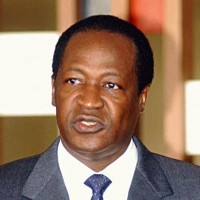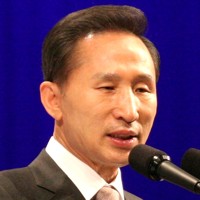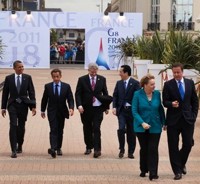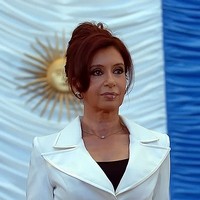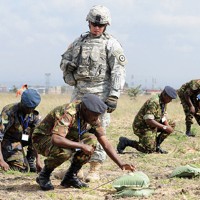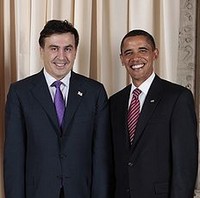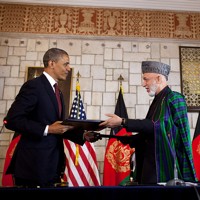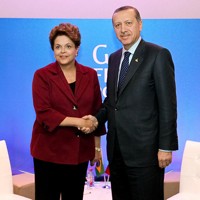
The defense ministers of Brazil and Turkey met in Brazil last month, where they signed a letter of intent to improve bilateral military ties and increase technology transfers. In an email interview, Oliver Stuenkel, an assistant professor of international relations at the Getúlio Vargas Foundation in São Paulo, discussed the military relationship between Brazil and Turkey. WPR: What is the extent of the current defense relationship between Brazil and Turkey in terms of military-to-military relations and defense-industrial ties? Oliver Stuenkel: The defense relationship between Brazil and Turkey is still small and incipient, yet in 2003, Brazil and Turkey signed an […]

